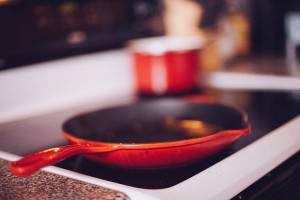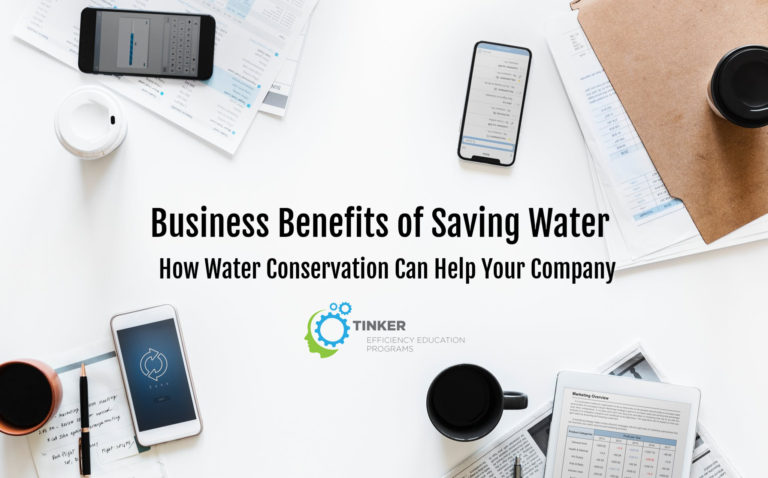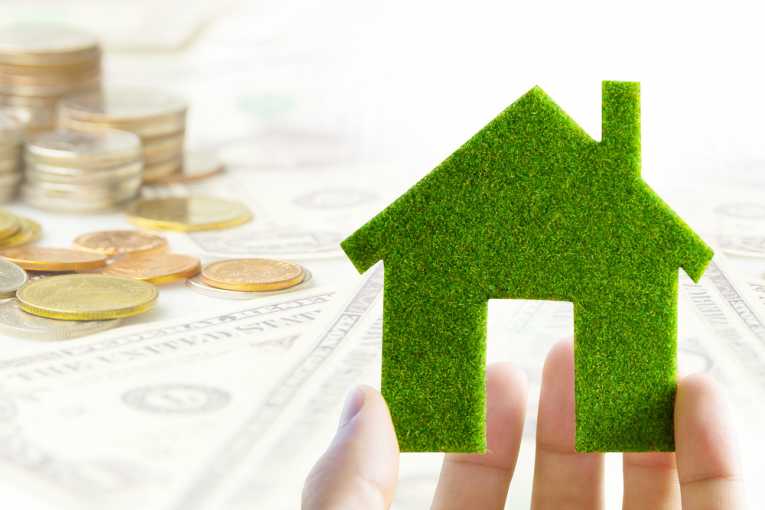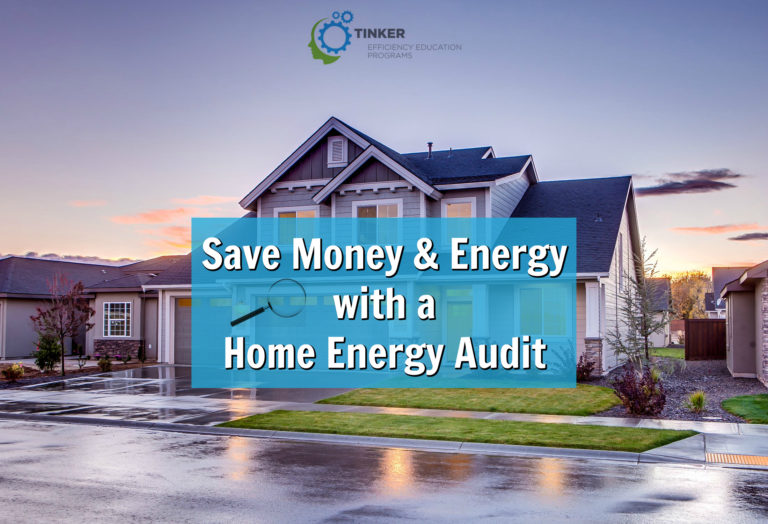Save Energy In the Kitchen

Making the decision to become more energy efficient isn’t as daunting as it may first appear. There are plenty of steps you can take in various areas of life that will greatly impact both your bank account savings and the energy you use. Since there are so many ways to save energy, one of the places we recommend people start is in the kitchen.
It might not seem like it, but cooking can waste quite a bit of energy. Fortunately, there are simple steps you can take every day to improve your energy efficiency outside of purchasing all new energy efficient appliances.
- Use the appropriately sized stove burner. Using a burner too small needs more energy to heat up your pot, while a burner too large will burn more energy than needed.
- Use lids regularly, as this will keep heat where it’s needed and lower your overall cooking temperature.
- Prepare your food before you turn your appliances on. The longer your appliances are running, the more energy they’re using and if it’s not being used to cook your food, they should be turned off.
- Learn what proper cookware should be used for specific dishes. There may be cases when you could use your slow cooker rather than your oven. Make sure your cookware is in good shape, as warped pots and pans take more energy to heat up than flat-bottomed ones.
- Defrost your food first if possible. Frozen food takes much longer to cook, which means it also takes much more energy. Quickly defrosting food can also waste water that wouldn’t have been necessary had it been defrosted earlier.
These are just some of the steps you can take to improve the energy efficiency in your kitchen. Because most of us cook at least once a day, these small changes can make a huge difference in the energy used. But don’t stop here! There are many more ways to become more efficient in the rest of your home, so once you’ve mastered kitchen energy efficiency you can move on to another area!





